The Ethics of Animal Testing in Cosmetics: A Comprehensive Overview
Related Articles: The Ethics of Animal Testing in Cosmetics: A Comprehensive Overview
Introduction
With enthusiasm, let’s navigate through the intriguing topic related to The Ethics of Animal Testing in Cosmetics: A Comprehensive Overview. Let’s weave interesting information and offer fresh perspectives to the readers.
Table of Content
The Ethics of Animal Testing in Cosmetics: A Comprehensive Overview
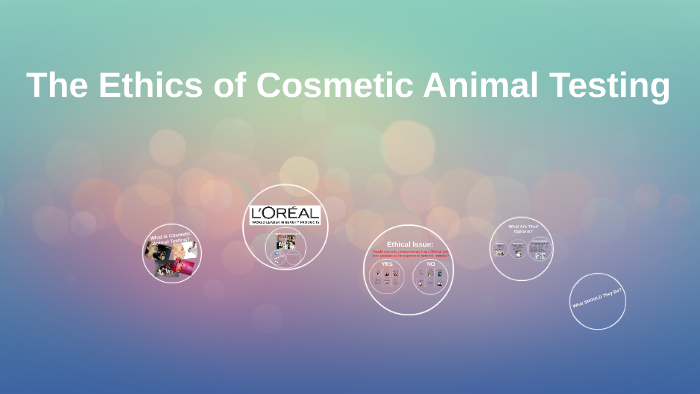
The use of animals in cosmetic testing is a complex and contentious issue. While the practice has been widely condemned for its ethical implications, it remains a subject of debate, particularly regarding its role in ensuring product safety. This article delves into the history, methodology, ethical considerations, and alternatives to animal testing in the cosmetics industry, providing a comprehensive understanding of this multifaceted topic.
Historical Context:
The use of animals in scientific research dates back centuries, with early experiments involving animals like dogs and frogs. In the early 20th century, the development of cosmetics and personal care products led to the widespread adoption of animal testing to assess the safety of these products. This practice was driven by a lack of reliable alternatives and a prevailing belief that animal models accurately reflected human responses.
Methodology of Animal Testing in Cosmetics:
Animal testing in the cosmetics industry involves exposing animals to various cosmetic ingredients or finished products to observe their reactions. These tests typically involve:
- Skin irritation tests: Applying substances to the skin of animals like rabbits or guinea pigs to assess redness, swelling, or other signs of irritation.
- Eye irritation tests: Instilling substances into the eyes of animals to evaluate corneal damage, redness, or inflammation.
- Skin sensitization tests: Repeatedly exposing animals to substances to determine if they develop allergic reactions.
- Acute toxicity tests: Administering high doses of substances to animals to assess their immediate effects on the body.
These tests are often conducted on live animals, involving invasive procedures and causing significant pain and distress.
Ethical Considerations:
The use of animals in cosmetic testing raises serious ethical concerns. Critics argue that:
- Animals are sentient beings: They experience pain, fear, and distress, and have a right to be free from unnecessary suffering.
- Animal models may not accurately reflect human responses: Differences in physiology and metabolism between animals and humans can lead to inaccurate predictions of human safety.
- Alternatives exist: Humane and effective non-animal methods are available for assessing the safety of cosmetics.
Alternatives to Animal Testing:
Significant progress has been made in developing non-animal methods for testing the safety of cosmetic products. These alternatives include:
- In vitro methods: Using human cells, tissues, or organs in laboratory settings to assess the effects of substances.
- Computer modeling: Employing sophisticated computer simulations to predict the potential toxicity of ingredients.
- Human volunteer studies: Conducting controlled studies with human volunteers to assess the safety and efficacy of products.
The Importance of Humane Alternatives:
The development and adoption of non-animal methods are crucial for promoting ethical and responsible practices in the cosmetics industry. These alternatives offer several advantages:
- Improved accuracy: Human-relevant methods provide more accurate predictions of human responses, enhancing product safety.
- Reduced animal suffering: Eliminating animal testing reduces the unnecessary pain and distress inflicted on animals.
- Scientific advancement: The development of non-animal methods drives innovation and advances in scientific understanding.
FAQs about Animal Testing in Cosmetics:
1. Is animal testing for cosmetics still legal?
The legal status of animal testing for cosmetics varies by country. While some countries have banned or severely restricted the practice, others still allow it.
2. Are there any benefits to animal testing in cosmetics?
Proponents of animal testing argue that it has played a role in ensuring product safety and preventing harm to consumers. However, critics contend that the benefits are outweighed by the ethical concerns and the availability of more reliable alternatives.
3. What can consumers do to support the elimination of animal testing?
Consumers can make informed choices by purchasing products from companies that are committed to cruelty-free practices. They can also support organizations working to promote non-animal testing methods.
4. What are the future prospects for animal testing in cosmetics?
The trend is towards the elimination of animal testing in cosmetics, driven by growing public awareness, scientific advancements, and regulatory changes. The future of the industry lies in the development and widespread adoption of humane and effective alternatives.
Tips for Consumers:
- Look for cruelty-free labels: Seek out products bearing certifications like "Leaping Bunny," "PETA-Approved," or "Cruelty-Free International."
- Research companies’ policies: Check companies’ websites or contact them directly to inquire about their animal testing practices.
- Support ethical brands: Choose brands that are committed to using non-animal testing methods and promoting animal welfare.
- Educate others: Spread awareness about the ethical concerns surrounding animal testing and the availability of alternatives.
Conclusion:
The use of animals in cosmetic testing is a complex issue with ethical, scientific, and societal implications. While the practice has been widely condemned, it remains a subject of debate. The development and adoption of humane and effective alternatives are essential for ensuring the safety of cosmetic products while promoting ethical practices and protecting animal welfare. By making informed choices and supporting companies that prioritize animal welfare, consumers can contribute to the ongoing movement towards a cruelty-free cosmetics industry.
/GettyImages-1316412895-c10088ce59774d329891a246daa68dda.jpg)
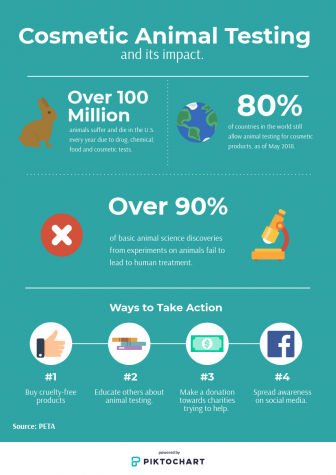
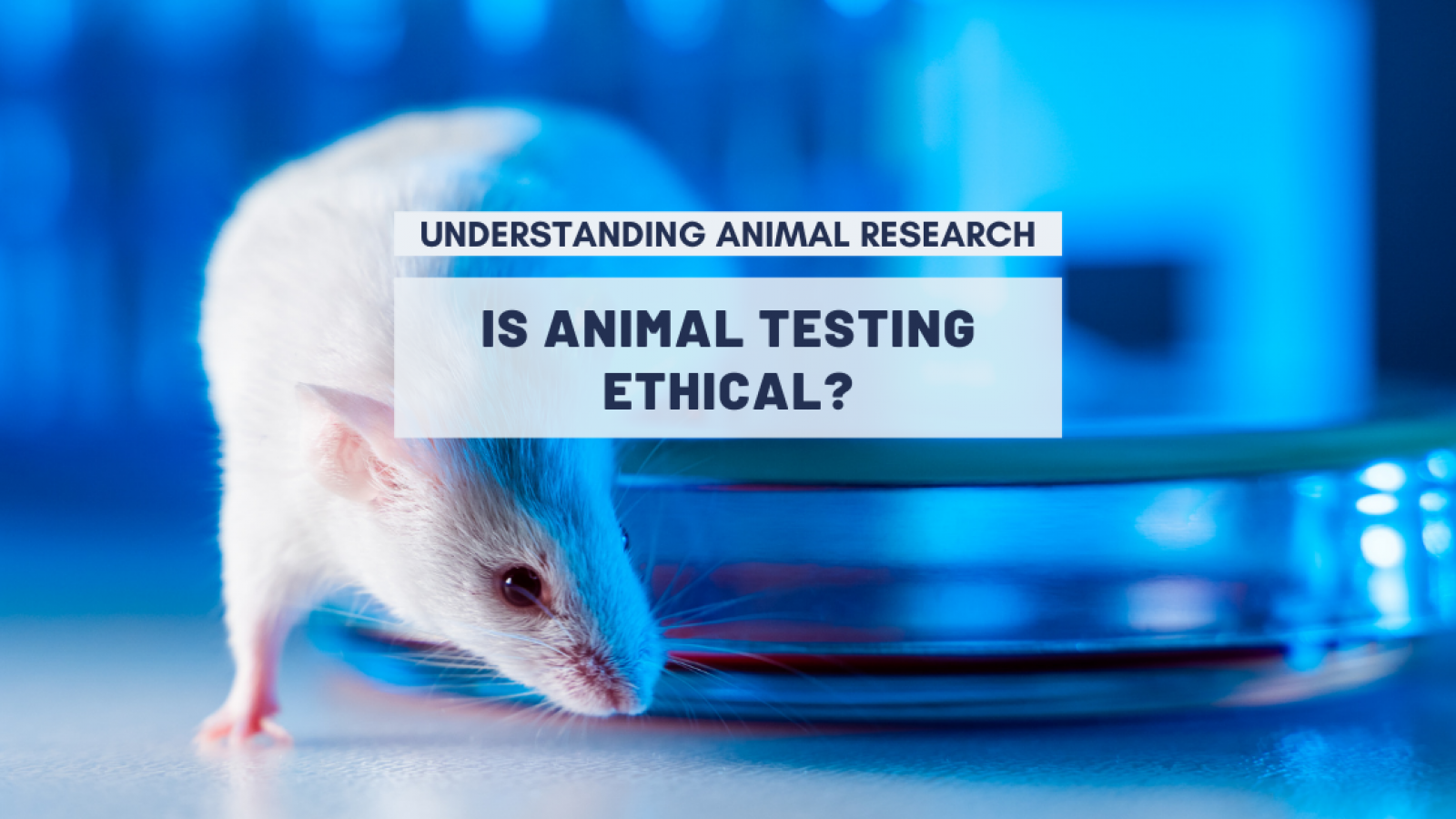
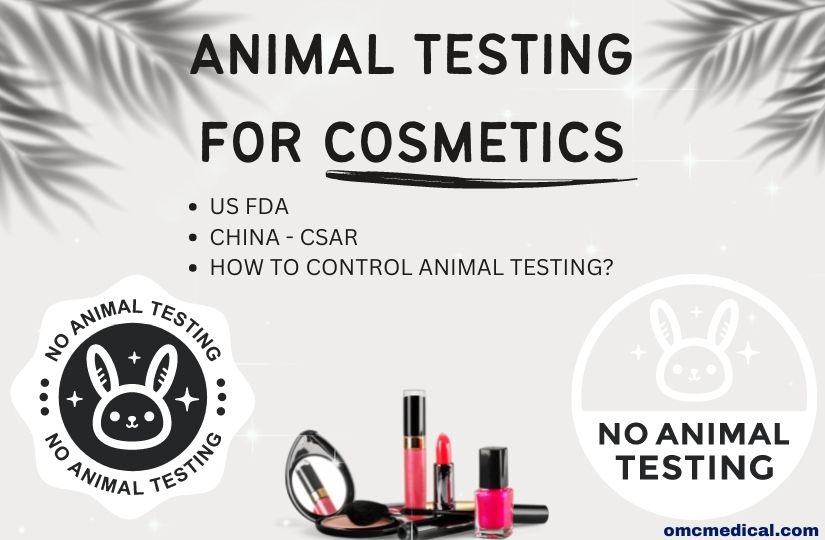

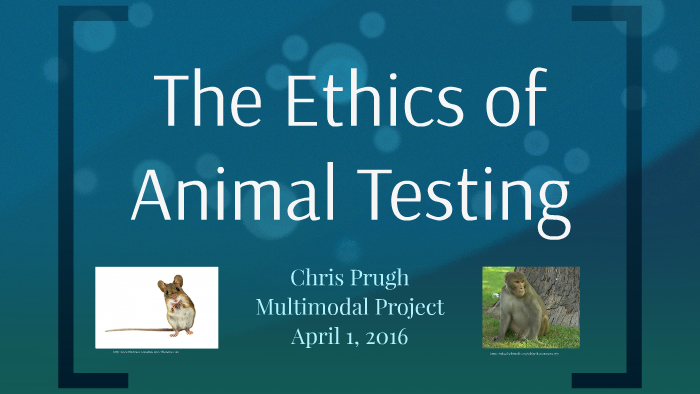
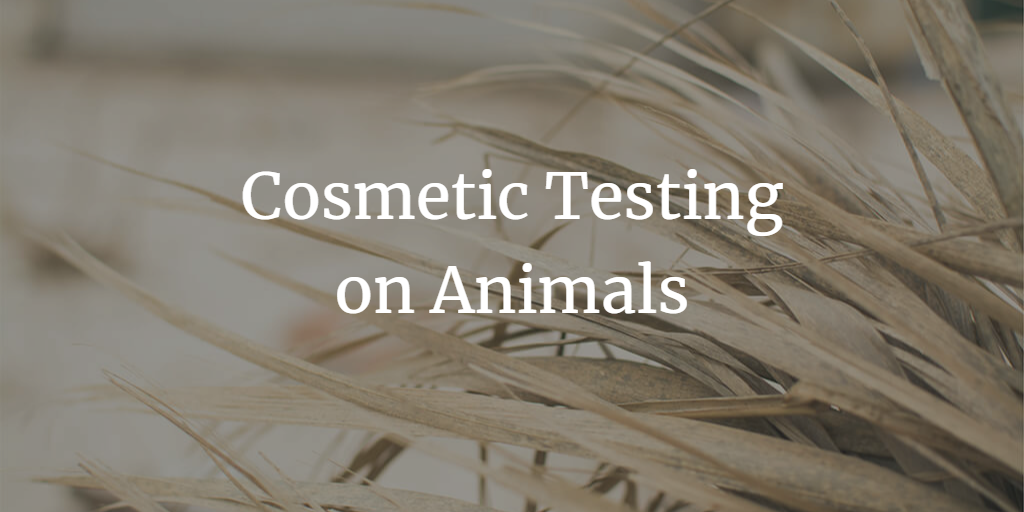

Closure
Thus, we hope this article has provided valuable insights into The Ethics of Animal Testing in Cosmetics: A Comprehensive Overview. We hope you find this article informative and beneficial. See you in our next article!